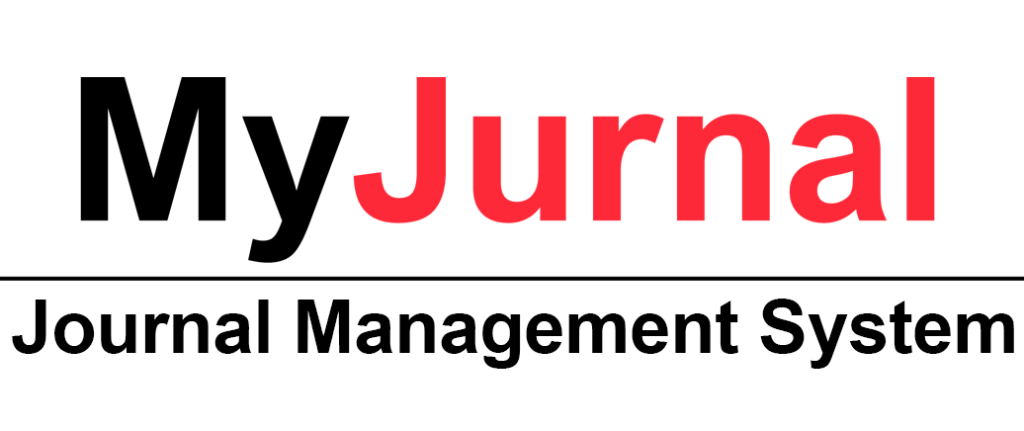Reasons for Students' Failure to do Homework
DOI:
https://doi.org/10.31436/ijes.v9i4.343Keywords:
Homework , Basic level , OmanAbstract
The research aimed to uncover the reasons for the failure of requests for the second cycle of basic education in the Sultanate of Oman in the school to perform homework and propose solutions for them. To achieve the research objectives, an action research methodology was used, and focus groups were used as a tool for data collection. The research sample consisted of three categories: parents, teachers, and students. They were divided into three focus groups. Sessions were conducted for each category separately. Each session lasted between 45 minutes for students to an hour for parents and teachers. The research questions were defined by two main questions directed to the research sample, and each question was analyzed separately to access information related to the research questions, then discuss the results in light of the data from the focus groups and among the most important findings of the research on the reasons for students ’failure to perform homework, the questions did not consider individual differences. Among students, the lack of clarity of the instructions for these duties, as well as the presence of many distractions at home, the lack of family support for the student and the large number of duties that take the student’s time and prevent her from practicing play and entertainment, and I recommend research into codifying questions and being appropriate in terms of quantity and quality to students ’abilities. these duties, as well as the presence of many distractions in the home, the lack of family support for the student and the large number of duties that take the student's time and prevent them from practicing Playing and entertainment, the study recommends that the questions are codified and that they are appropriate in terms of quantity and quality of students' abilities.
Metrics
Downloads
Published
How to Cite
Issue
Section
License
Copyright (c) 2021 IIUM Press, International Islamic University Malaysia

This work is licensed under a Creative Commons Attribution 4.0 International License.
The Journal will own copyright to all published works and have the right of first publication, both in print and online, unless other arrangements are made with the Editors in advance. It is the author`s responsibility to ensure that where copyright materials are included within an article the permission of the copyright holder has been obtained beforehand.






















